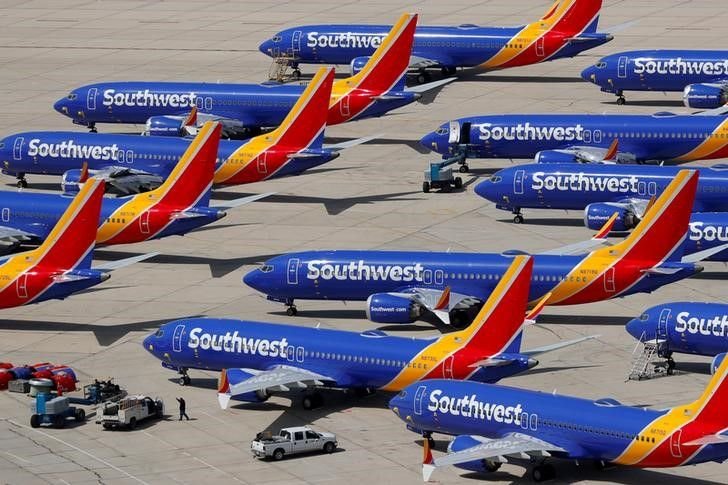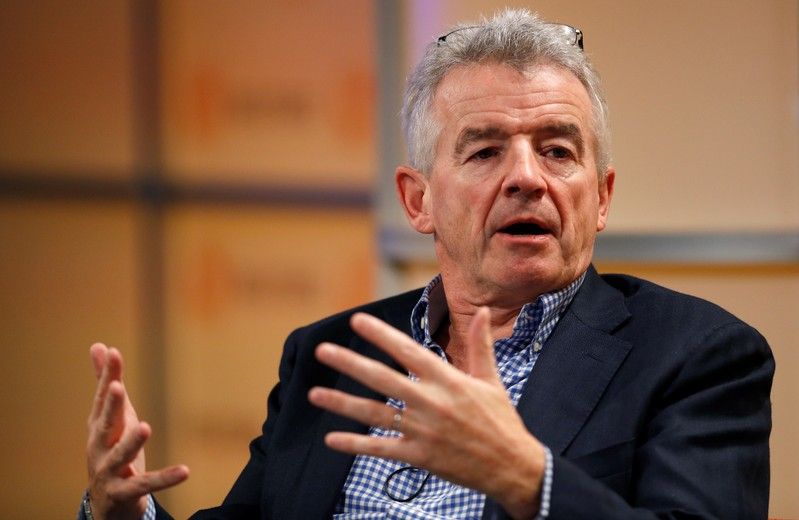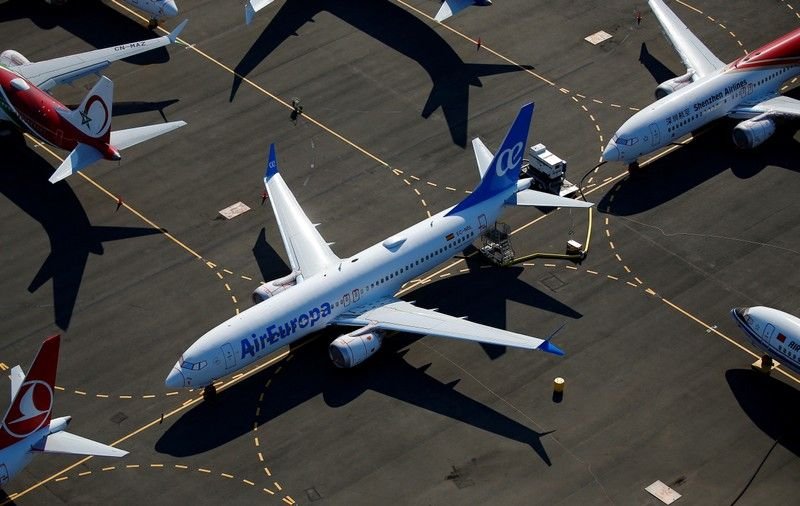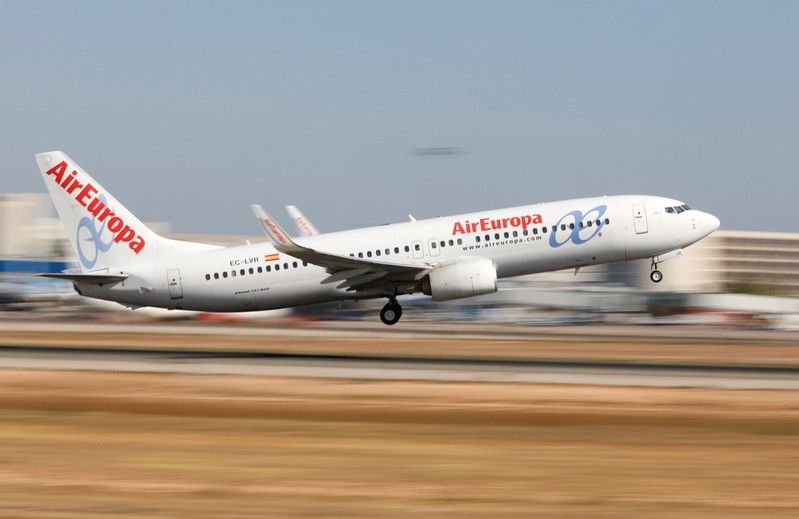– Features night-vision goggle compatibility, Head-Up Displays and Synthetic Vision for mission success
– Advanced human-machine interface will reduce pilot workload
– Touch-screen capabilities to increase ease of operation
DUBAI, United Arab Emirates, Nov. 16, 2019 /PRNewswire/ — Airbus’ new C295 tactical aircraft will come equipped with Collins Aerospace System’s state-of-the-art Pro Line Fusion™ flight deck, significantly advancing the capabilities of C295 operators. The selection marks the first fixed-wing search and rescue platform to include Pro Line Fusion among its standard equipment. Collins Aerospace is a unit of United Technologies Corp.
The Pro Line Fusion flight deck designed for the C295 includes key features to help operators during search and rescue, and other tactical missions, being equipped with:
- Four 14.1-inch (35.8 cm) touchscreen displays to provide a more intuitive interface for pilots to interact and customize their information on the flight deck
- Night-vision goggle capability to help ensure successful missions in low light conditions
- Head-Up Displays that enable the pilot to keep their eyes up for enhanced situational awareness
- Enhanced Vision System (EVS) sensor that allows pilots to see through low-visibility conditions
- Overlaid weather radar that shows a graphical depiction of weather along the flight plan for easy viewing
- Integrated Terrain Awareness and Warning System that enables high-resolution 3D obstacle depiction and enhances mission safety
- Fully integrated Mission Flight Management Systems supporting Search and Rescue patterns, Computed Air Release Points and High Altitude Release Points
In addition, the flight deck was designed to meet evolving airspace and regulatory requirements, future-proofing it for years to come.
“This flight deck implementation is a great example of how Collins Aerospace is able to apply the latest commercial avionics technology and integrate it with military functions and capabilities to create the perfect fit for our customers,” said Dave Schreck, vice president and general manager for Military Avionics and Helicopters at Collins Aerospace. “Our Pro Line Fusion integrated avionics system will reduce pilot workload and increase ease of operation for all future C295 operators.”
Canada’s Royal Canadian Air Force (RCAF) will serve as the launch customer for the C295 with the first delivery expected before the end of the year.









